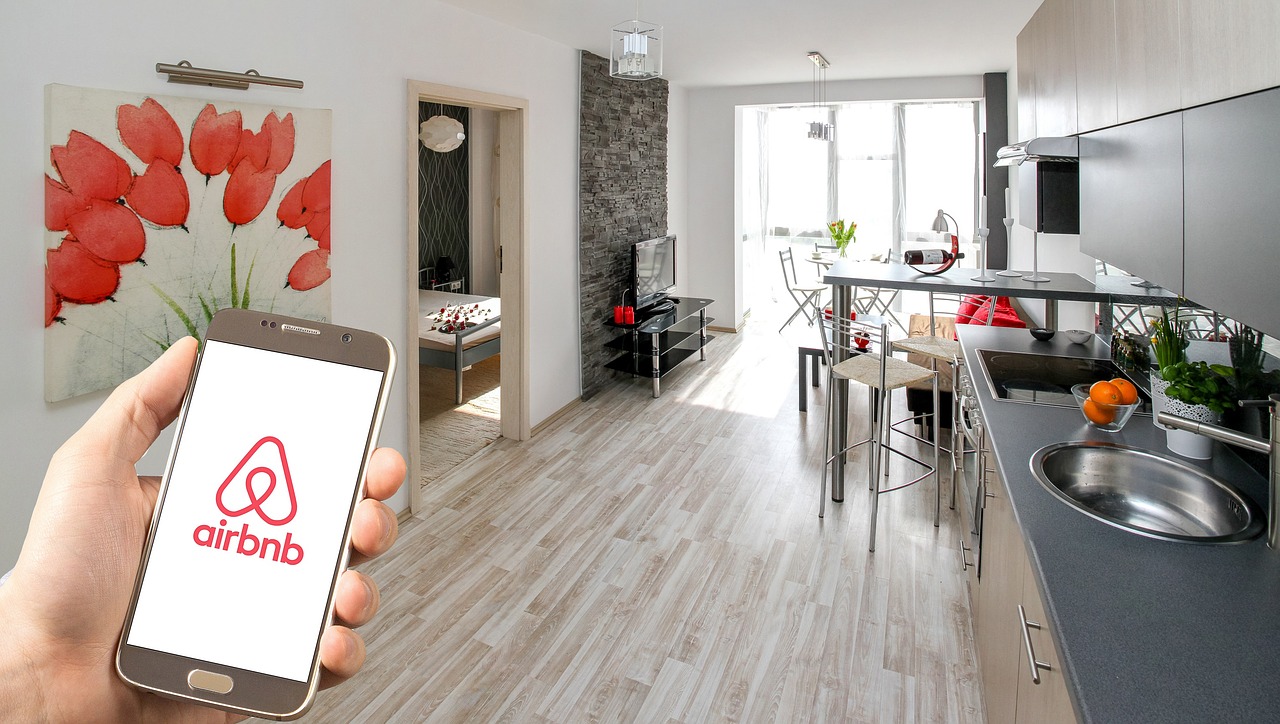How do you make your business boom? Craft a welcome and differentiated brand experience by following the lead of AirBnB. In 10 short years, the home-share juggernaut has completely disrupted the hospitality industry — listing more than 5 million properties worldwide, processing over 400 million guest arrivals, and earning at least $38 billion by May 2019. AirBnB has turned homeowners into hosts, spare rooms into careers, and overnight stays into dynamic encounters — all enabled by tech. It has united a community of thousands, all across the globe — and it’s still growing.
Step by step, AirBnB has created the kind of phenomenal experience — shared across all customers and stakeholders — that drives unparalleled business growth. Its leaders formed the organization with clear intentions, including three key strategies to bring their objectives to life.
But these strategies aren’t unique to hospitality or home sharing. Any company can focus on these three key pillars for success:
Belonging: AirBnB connected its essential mission to the primal human desire to be welcomed and valued, and then extended and incorporated that connection into the brand itself. As AirBnB’s cofounder, Brian Chesky, wrote, “Airbnb is returning us to a place where every- one can feel they belong.” The organization tapped into the essential human need we all have to belong and feel welcomed no matter who we are or where we are. The company understands that traveling itself can support that sense of belonging. Instead of singular transactions, BnB offers continual connection, in which everyone who participates becomes part of this larger community.
To convey its mission that “Anyone can belong anywhere,” AirBnB created its own symbol for belonging — the Bélo, a design that combines the symbols for people, places, love and “A” for AirBnB. To activate that sense among everyone in the AirBnB community, leaders created a multitiered marketing and social media campaign that continues to this day.
Trust: Trust is essential to all human relationships, but as Stephen Covey points out, it’s also a “measurable and changeable aspect of business.” Another of AirBnB’s cofounders, Joe Gebbia, talks about the process of designing trust. The company applied design thinking to the challenge of overcoming fears of “stranger danger” and enabling people to experience the basic trustworthiness of others.
Among the many tools AirBnB developed to foster trust is a system of individual profiles, so every user — host or guest — is seen as an individual. It refined its reputation and ratings system to mitigate bias and reduce the fear of retaliatory reviews. Reviews have to be completed within 14 days, and the review reveal is simultaneous: hosts and guests see reviews only when both sides are finished assessing the experience. It encourages pre-arrival communication as a way to build trust before the stay even takes place, turning a transaction between strangers into an ongoing communication, with freeform messages that convey the personalities of each party, creating a foundation of friendship and trust.
Community: No people oriented business can succeed without community. AirBnB created a sense of community at a global scale — sharing the values of great service, meaningful travel, and extraordinary experiences. They did it by using innovative, effort-reducing technology. It’s technology that enables the host community to deliver warm, human experiences to guests.
The sense of community includes everyone: hosts, employees and guests — and within the world of AirBnB, hosts may be guests, and guests may be hosts. That sense of reciprocity helps all feel like part of the same vibrant community, making positive contributions to each other. To best create this sense of community, AirBnB took time to find out not only who their community was, but what they wanted and what motivated them. To do so, they solicited input from the community itself. It pays to gather relevant input on customer trust — and then not only apply that information to make improvements, but convey that back to your community as well.
AirBnB’s innovative leaders have entirely changed how we view travel, as well as how we earn income. The brand name is now synonymous with short-term stays, magical customer experiences, and turning a home into a business. At its essence is the ability to shape a culture and empower its community with simple, accessible technology. AirBnB’s hospitality entrepreneurs participate in a constant flow of guidance and inspiration to provide unique and remarkable experiences to guests, inspiring many of those guests to become hosts themselves. By building on the three pillars of belonging, community and trust, AirBnB got to the heart of what turns strangers into a loyal village — and keeps us opening our doors for each other.
**Originally published at CEOWorld


